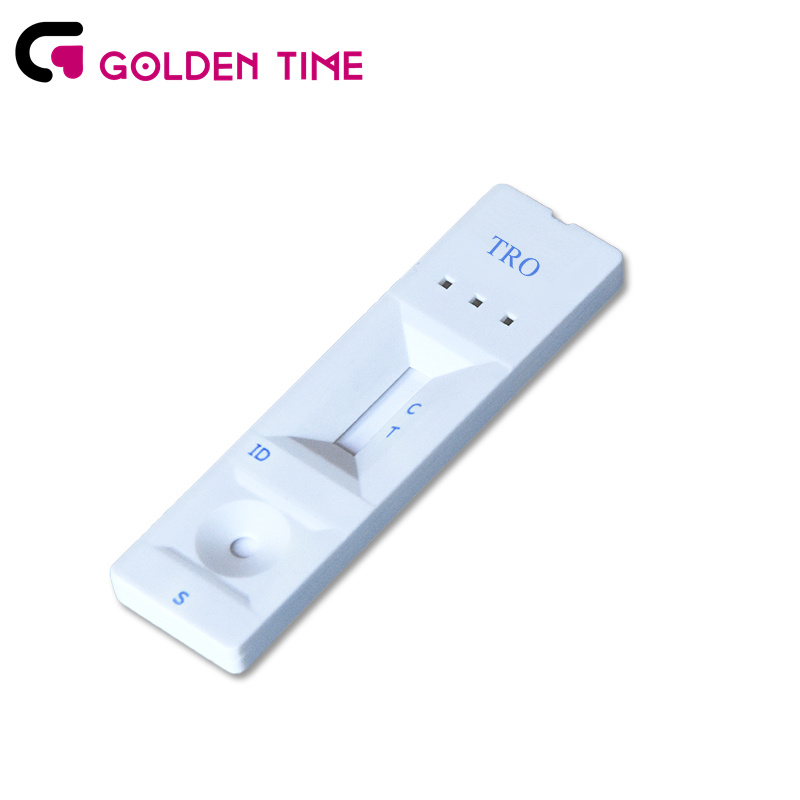Aug . 17, 2024 04:09 Back to list
Typhoid Testing Kits from Leading Manufacturers for Reliable Diagnosis and Health Safety
Understanding Typhoid Kit Tests Importance and Manufacturers
Typhoid fever, caused by the bacterium Salmonella typhi, remains a significant public health threat in many developing countries. It spreads primarily through contaminated food and water, leading to severe illness and, without proper treatment, can be fatal. Detecting this disease early is crucial, and one of the most effective ways to manage it is through proper diagnostic testing. This is where typhoid kit tests come into play.
Typhoid kit tests are diagnostic tools designed to detect the presence of Salmonella typhi in a sample, typically blood or stool. These tests are essential in regions where typhoid fever is endemic, allowing healthcare providers to make timely decisions about treatment and control measures. The market for typhoid tests has seen considerable growth due to increased awareness of the disease, advancements in technology, and the rising number of infections.
Understanding Typhoid Kit Tests Importance and Manufacturers
One well-known type of typhoid test is the Widal test, which detects specific antibodies against Salmonella antigens. While this test is easy to perform and widely available, it has limitations, including false positives and negatives, which significantly affect its reliability. Manufacturers have responded to this challenge by developing more sophisticated tests that combine multiple antigens or utilize molecular methods like PCR to provide more accurate results.
typhoid kit test manufacturer

Key players in the market include both multinational corporations and local manufacturers. Companies like Abbott and BioMerieux offer state-of-the-art typhoid diagnostic kits that are widely used in hospitals and clinics. These larger manufacturers invest heavily in research and development, ensuring their products meet international quality standards. They also provide training to healthcare professionals on the proper use of these diagnostic tools.
On the other hand, local manufacturers play a crucial role in making typhoid tests more accessible in low-resource settings. These companies often produce cost-effective kits tailored to the specific needs of local healthcare systems. By making testing more affordable and widely available, they contribute to early diagnosis and better management of typhoid fever.
The importance of typhoid kit tests cannot be overstated. Early diagnosis and appropriate treatment are critical in preventing severe complications associated with typhoid fever. Moreover, effective testing contributes to broader public health efforts to monitor and control outbreaks, inform vaccination strategies, and improve sanitation measures in affected areas.
In summary, the landscape of typhoid kit test manufacturers is diverse, catering to various needs and resources globally. The importance of developing and deploying effective diagnostic tools cannot be underestimated in the fight against typhoid fever. By facilitating timely detection, these tests not only aid individual patients but also contribute to the overall goal of enhancing public health. As global health challenges continue to evolve, investing in improved diagnostic methods remains essential for controlling typhoid and other infectious diseases.
-
Dengue NS1 Rapid Diagnostic Test Kit
NewsMar.07,2025
-
Dengue NS1 Rapid Diagnostic Test Kit
NewsMar.07,2025
-
Dengue NS1 Rapid Diagnostic Test Kit
NewsMar.07,2025
-
Transferrin Rapid Test Cassette Tumor Marker TF Card
NewsMar.07,2025
-
Malaria Pf Pan Rapid Diagnostic Test Kit
NewsMar.07,2025
-
malaria pf / pan ag rapid test
NewsMar.07,2025

